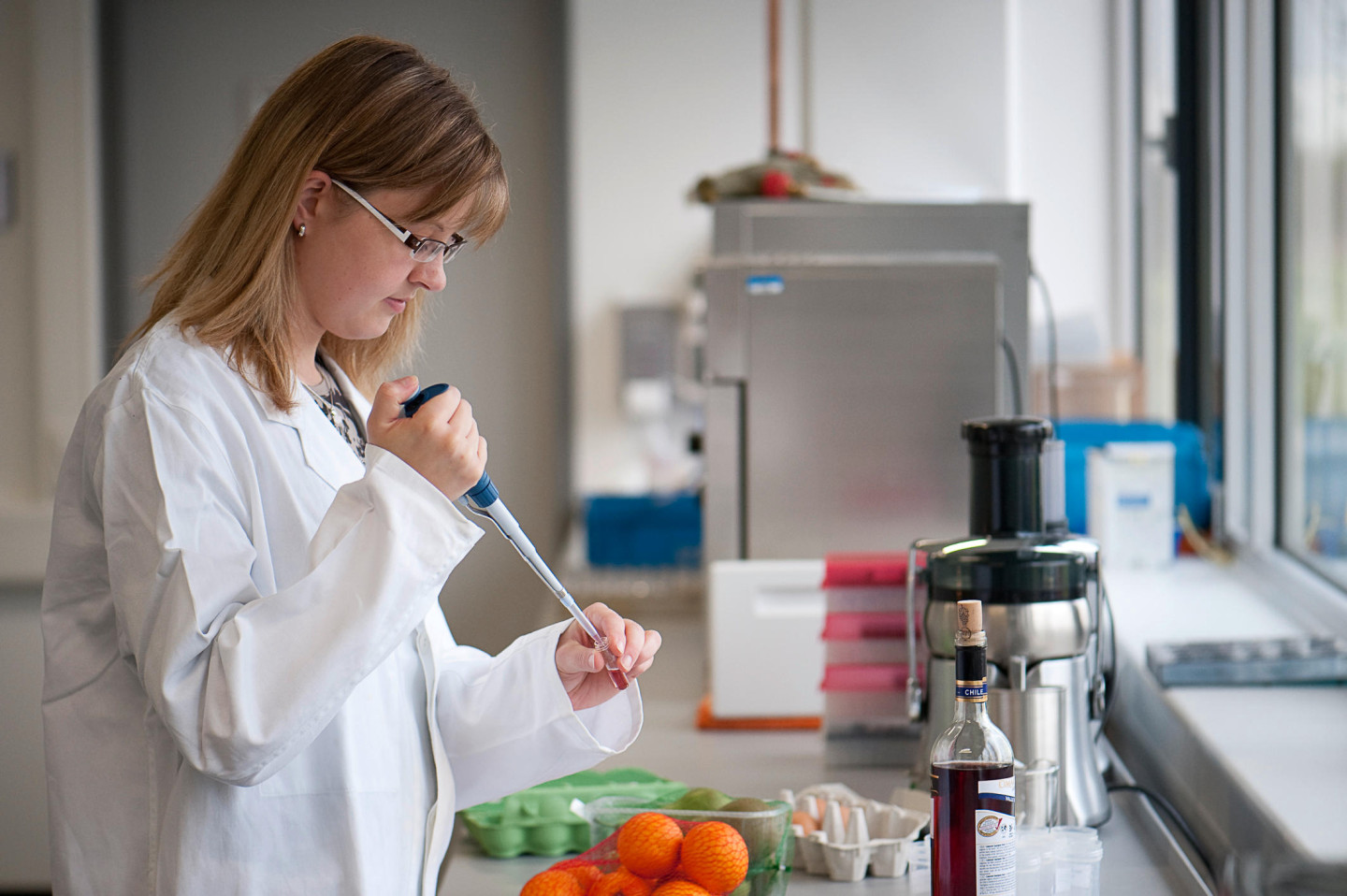When it comes to food contact materials and articles many countries have developed their own systems to control their safety and avoid contamination into foodstuffs. These systems have developed differently over time and look at the topic from different angles with regards to their scope, principles, and test requirements. Food contact legislation in the United States, Europe and some Asian countries such as Japan, Korea and China are examples of the most well-known and commonly enforced.
The field of application varies. For example, US FDA majorly emphasizes the enforcement on food packaging materials only, while in Europe the legal enforcement covers both food packaging as well as houseware articles equally. While the European and US regulations focus on materials only, many Asian food contact regulations have chapters for specific product types. For example, metal cans in Japan or disposable chopsticks in China.

Difference in regulatory approach may also vary from material to material. The test method for ceramic materials in contact with food, for example, is aligned in almost all of the national standards with differing limits only. On the other hand, materials like plastic or metal, may be regulated differently by different countries. Migration testing is the method of choice for plastic materials in the European Union. Under US FDA provisions, however, plastic materials may have varying test requirements from extraction tests under fixed conditions to migration tests for monomer residues. There are many types of stainless steel generally considered safe under the US requirements, but need to meet fixed composition requirements in France and need to be checked for release of heavy metals under the Chinese GB standard.
In summary, no, food contact material’s compliance with the FDA provisions cannot serve as a proof of compliance on a global level. FDA compliance could cover some of the specific countries requirements in certain cases but this would be only possible to check on a case by case basis knowing the country of destination as well as the concerned products and its food contact materials.
TUV Rheinland is able to provide assistance with this regulatory work. Based on information provided, we create test protocols that breakdown each country specific requirement, identify overlap and make sure you conduct all appropriate tests for each intended market without redundancy.
Please visit out website for more information on our food testing services or contact us to speak to one of our experts today.



